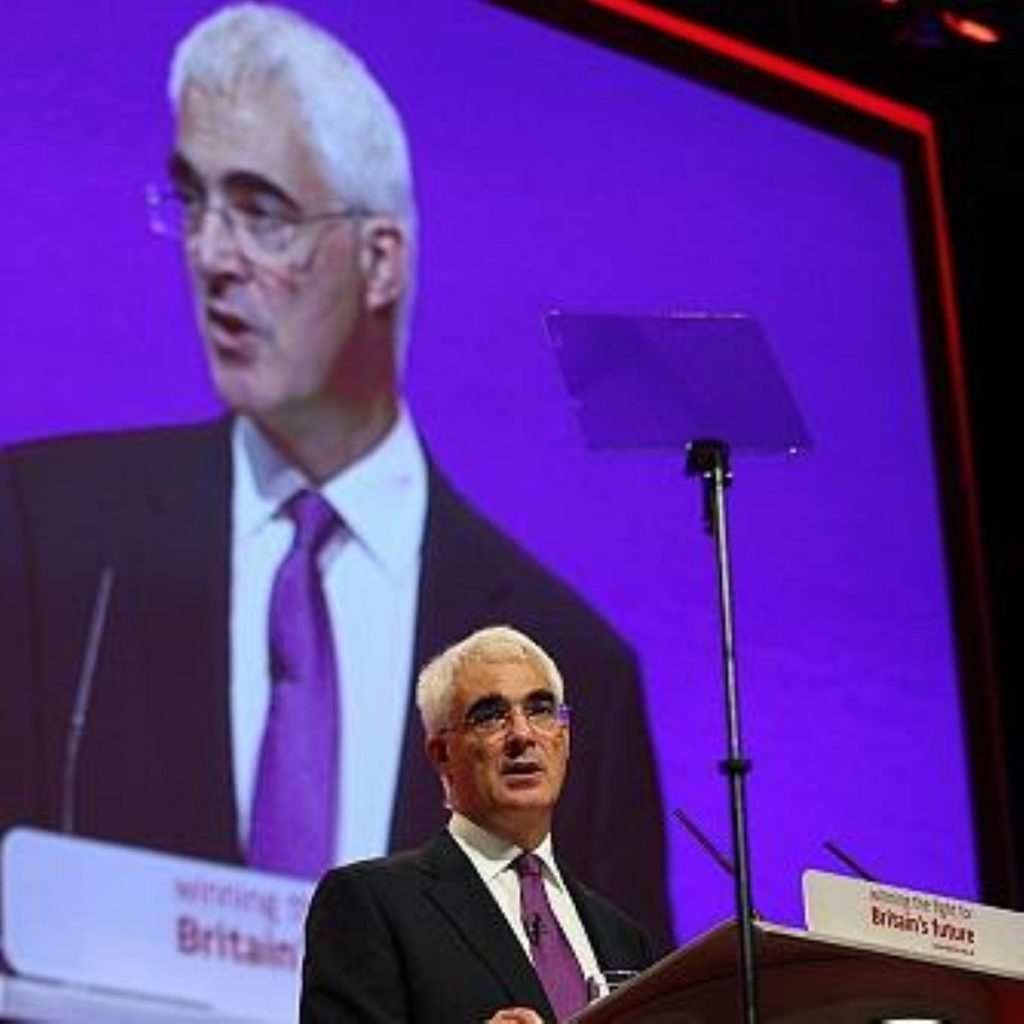Pre-Budget 2008: VAT cut as high-earner tax introduced
Chancellor Alistair Darling has announced a 2.5 percentage point cut in VAT as a new tax rate for high earners is introduced in a landmark Pre-Budget Report.
From next month onwards VAT will fall from 17.5 per cent to 15 per cent, a cut that will last until the beginning of 2010.
But in order for the UK to weather an “unprecedented global crisis” people earning over £150,000 will face income tax of 45 per cent, while National Insurance contributions are going up by 0.5 per cent.
Gordon Brown said the current economic downturn was “precisely when we need to invest” ahead of the report.


The reduction in the rate of VAT to 15 per cent would cost the government £12.5 billion.
The cut would be paid for by a rise to 45p in income tax for those earning £150,000 or more, a measure raising £2 billion.
Speaking to the Confederation of British Industry (CBI) today, the prime minister said: “The way forward is not an isolated initiative. We have a unique opportunity to do in a 21st century way what the Americans did in the 20th Century with the New Deal.
“Now, at the very moment of an economic downturn, is precisely when we need to invest.”
The VAT cut will be aimed at reinvigorating high street spending – in what is often described as a regressive tax hitting lower earners harder.
However, it is uncertain how much the cut will spur spending on the high street with household budgets already tight and lending squeezed by the credit crisis.
Labour also broke with recent precedent and increase taxes for highest earners.
John Hawksworth, head of macroeconomics at PricewaterhouseCoopers, said: “The chancellor faces a huge challenge in producing a fiscal policy package that is both effective and affordable.
“An unfocused borrow now, pay later approach could exacerbate the UK’s current and coming economic situation unless the package is sensibly thought out, carefully targeted and strictly temporary in nature.
“We believe that there is a way to do this, but it requires the short-term fiscal stimulus to be combined with a credible commitment to a tough public spending regime in the medium-term.”












